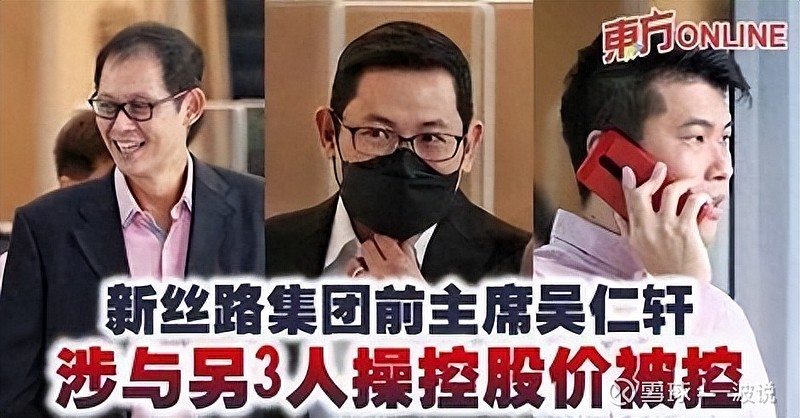My Say: Non-executive director’s duties: Lesson from a recent Singapore case

This article first appeared in Forum, The Edge Malaysia Weekly on March 11, 2024 - March 17, 2024
A recent Singapore High Court decision (Inter-Pacific Petroleum Pte Ltd [IPP] and Goh Jin Hian [Suit No 953 of 2020]) highlighted that a non-executive director (NED) can be exposed to serious breaches of director’s duties and liabilities. IPP suffered losses to the tune of US$146 million and its directors, including NEDs, are potentially exposed to such liabilities.
IPP was in the cargo trading business and its financial position was suspect. The court highlighted that there were three red flags that ought to have triggered a director to make enquiries as to the financial health of the company: (i) the request for audit confirmation;
(ii) the suspension of its bunker licence; and (iii) confirmation of indebtedness of the company (for example, US$15.6 million to Mayban). There was also an alleged debt of a large amount (US$132 million) owed to IPP.
The omission of a director to verify these issues was held to be blameworthy.
The court approved the following principle as an accurate statement of the duty of care for all directors:
“Ultimately, all directors, whether engaged in an executive or non- executive capacity, are subject to a minimum objective standard of care which entails the obligation to take reasonable steps to place oneself in a position to guide and monitor the management of the company.”
The Malaysian Companies Act 2016 (the Act) makes no distinction between executive and non-executive directorship with respect to duties. Executive directors have a contract of service that sets out various terms and conditions under which their duties and obligations are articulated.
The duties of NEDs are intermittent. However, in performing and discharging their duties, it is critical that they have an enquiring mind and do not blindly rely on the officer’s advice or opinion. When “red flags” are raised, a director cannot remain passive but is required by law to validate and take steps to protect the company. This duty is accentuated when a company is lurching towards insolvency.
Goh’s case elicited interest in the public domain in view of his being the son of a former premier of Singapore. He was found by the High Court to be liable for breach of director’s duties, statutory duties and losses suffered by the company (in liquidation) amounting to US$146 million plus interest. He is appealing the decision.
The above ruling by the High Court in Singapore is consistent with the Malaysian judicial approach and section 213 of the Act, which sets out the statutory duties and responsibilities of directors.
Philip T N Koh is an advocate and solicitor of the High Court of Malaya and adjunct professor of Universiti Malaya and the School of Business, Monash University Malaysia





